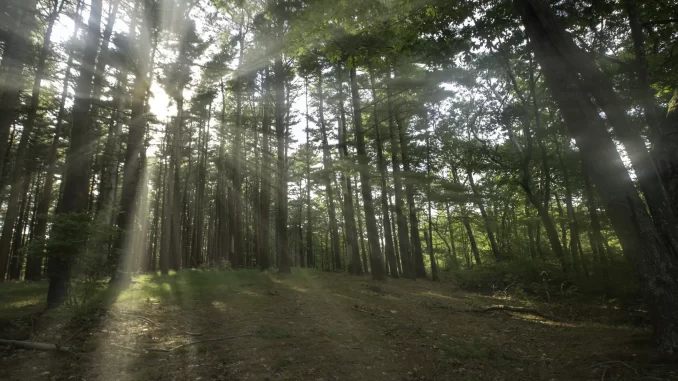
Previously Published in The Messenger
By Cait Crudden
In a bipartisan effort to bolster wildlife conservation and support the vital work of wildlife rescue and rehabilitation organizations, Congressman Andrew Garbarino (R-Bayport), of New York’s Second District, and Congressman Mike Quigley (D-Illinois) have introduced the Wildlife Rescue, Rehabilitation, and Reintroduction Act of 2024. The proposed legislation aims to provide much-needed resources and assistance to organizations dedicated to the rescue, rehabilitation, and reintroduction of wildlife species by zoos, aquariums, and wildlife sanctuaries across the United States.
Against the backdrop of escalating environmental challenges, an increase of wildlife trafficking and habitat loss, Garbarino and Quigley are championing the cause of wildlife conservation by proposing comprehensive measures to protect and preserve vulnerable species. The Wildlife Rescue, Rehabilitation and Reintroduction Act of 2024 represents a significant step forward in advancing wildlife protection efforts and ensuring the long-term viability of threatened and endangered species.
At the heart of the proposed legislation is a commitment to providing financial support and technical assistance to wildlife rescue and rehabilitation organizations engaged in the critical task of caring for confiscated animals, rescued animal and individuals of a conservation recovery species. Under the bill, eligible organizations will have access to grants and funding opportunities to enhance their capacity to rescue, rehabilitate, and release wildlife back into their natural habitats.
Congressman Andrew Garbarino underscored the importance of proactive measures to safeguard wildlife and mitigate the impact of human activities on natural ecosystems.
“Zoos and aquariums play a pivotal role in the conservation of threatened and endangered species, especially as instances of wildlife trafficking continue to rise,” stated Garbarino. “The Wildlife Rescue, Rehabilitation, and Reintroduction Act would ensure qualified facilities have the resources and tools they need to effectively perform this important work”.
Congressman Mike Quigley echoed these sentiments, emphasizing the urgency of addressing the pressing conservation needs facing wildlife populations.
“As a member of the House Zoo and Aquarium Caucus, I have long been dedicated to supporting the conservation and rescue work of our nation’s zoos, aquariums, and wildlife sanctuaries,” remarked Quigley. “This legislation will help support their vital work and ensure that in the event of a wildlife emergency, there is a network in place ready to step up and care for animals in distress. I look forward to working with my colleague across the aisle in advancing this critical legislation”.
Key provisions of the Wildlife Rescue, Rehabilitation and Reintroduction Act of 2024 include establishing a Rescue and Recovery Grant Program to support rescue, rehabilitation, and confiscations-related work. Supported activities include expenses related to facility costs, food, veterinary care, direct animal care staff, transportation costs, reintroduction efforts and developing networks of facilities qualified to conduct these activities. This legislation will codify all aspects of the Wildlife Confiscations Network, that can act as a single point of contact for federal wildlife law enforcement, establishing a cooperative and coordinated confiscation response protocol that can help address immediate triage needs through a network of qualified facilities. It will also foster a partnership approach regarding these activities by supporting the invaluable role accredited facilities play in the rescue, rehabilitation, and reintroduction of threatened and endangered species.
The introduction of the Wildlife Rescue, Rehabilitation and Reintroduction Act of 2024 reflects a bipartisan commitment to safeguarding the welfare of wildlife and preserving the ecological integrity of our planet. With Congressman Garbarino and Congressman Quigley leading the charge, advocates for wildlife conservation are hopeful that the proposed legislation will garner widespread support and advance efforts to protect and restore imperiled species across the nation.

